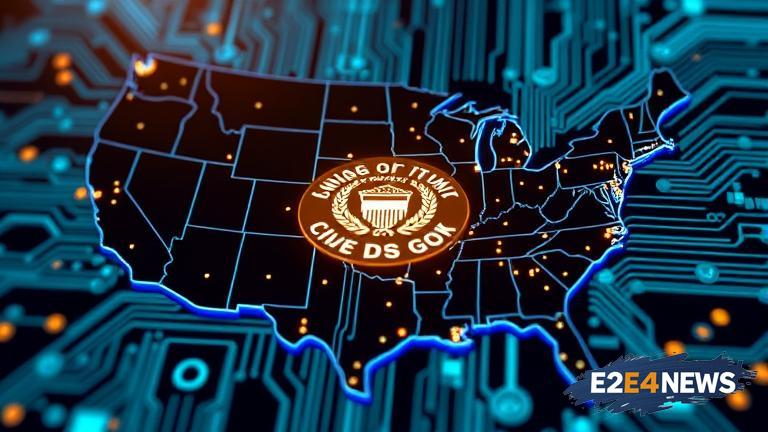The US government has recently introduced an innovative AI-powered chip tracking system designed to enhance the transparency and security of the semiconductor supply chain. This move is part of a broader effort to protect national security and prevent counterfeit chips from entering the supply chain. The system utilizes advanced artificial intelligence and machine learning algorithms to track the origin and movement of semiconductors, providing real-time insights into the supply chain. By leveraging AI, the system can analyze vast amounts of data, identify patterns, and detect anomalies, enabling swift action against potential threats. The initiative is seen as a significant step forward in the US government’s quest to safeguard its technological infrastructure and maintain its competitive edge in the global semiconductor market. The chip tracking system is expected to have far-reaching implications for the tech industry, with potential applications in fields such as aerospace, automotive, and consumer electronics. Moreover, the system’s ability to verify the authenticity of chips will help prevent the proliferation of counterfeit components, which can compromise the performance and security of critical systems. The US government has emphasized the importance of collaboration between industry stakeholders, including chip manufacturers, suppliers, and end-users, to ensure the system’s effectiveness. As the global demand for semiconductors continues to grow, the need for robust supply chain security measures has become increasingly pressing. The AI-powered chip tracking system is poised to play a vital role in addressing this challenge, providing a robust framework for tracking and verifying the origin of semiconductors. Furthermore, the system’s AI-driven approach will enable it to adapt to emerging threats and evolving supply chain dynamics, ensuring the long-term security and integrity of the semiconductor supply chain. The US government’s initiative has been welcomed by industry experts, who see it as a crucial step towards enhancing supply chain transparency and security. However, some have also raised concerns about the potential impact on the industry, including the need for significant investments in infrastructure and the potential for increased regulatory burdens. Despite these challenges, the benefits of the AI-powered chip tracking system are expected to outweigh the costs, providing a critical layer of protection for the US tech industry and its global partners. The system’s development is also seen as a testament to the US government’s commitment to innovation and its willingness to leverage cutting-edge technologies to address pressing national security challenges. As the system continues to evolve, it is likely to have significant implications for the global semiconductor market, with potential applications in fields such as IoT, 5G, and autonomous vehicles. The US government’s focus on supply chain security is also expected to drive investment in related areas, including chip design, manufacturing, and testing. In conclusion, the US government’s AI-powered chip tracking system represents a major breakthrough in the quest for supply chain transparency and security, with far-reaching implications for the tech industry and beyond. The system’s ability to leverage AI and machine learning to track and verify the origin of semiconductors will provide a critical layer of protection for the US tech industry, while its potential applications in various fields will drive innovation and growth. As the global semiconductor market continues to evolve, the US government’s initiative is poised to play a vital role in shaping the future of the industry, ensuring the long-term security and integrity of the supply chain.





